How to Improve Gum Health with Diet and Nutrition
Oral health is often overlooked in our daily routine, yet it plays a crucial role in our overall well-being. While regular brushing and flossing are vital, the role of diet and nutrition in maintaining healthy gums is equally significant. This article aims to guide you through the dietary changes and nutritional habits that can significantly improve gum health, helping you smile with confidence.
Understanding the Link Between Diet and Gum Health
Diets rich in sugars and unhealthy fats can contribute to poor oral health, leading to problems such as gingivitis and periodontal disease. Conversely, a diet plentiful in fruits, vegetables, and whole grains provides essential vitamins and antioxidants that support gum health. Understanding how what you eat impacts your gums is the first step towards a healthier smile.
Studies indicate that certain foods can either exacerbate or alleviate gum problems. For instance, the American Dental Association notes that calcium-rich foods like cheese and yogurt help maintain the structure of teeth and gums. In contrast, excessive sugar consumption leads to plaque build-up, which can damage gum tissue.Learn more about our approach to oral health at Dentistry Toothtruth.
The Importance of Vitamin C for Gum Health
Vitamin C is known for its role in supporting immune function, but it is also indispensable for gum health. It aids in collagen production, which is essential for gums to repair themselves effectively. Foods high in Vitamin C, such as citrus fruits, strawberries, and broccoli, should be regular staples in your diet. A deficiency in Vitamin C can lead to inflamed and bleeding gums, a condition known as scurvy.
A clinical study published in the 'Journal of Nutrition' found that individuals with higher vitamin C intake had significantly lower rates of periodontal disease. Therefore, by ensuring adequate Vitamin C consumption, you can protect your gums against potential infections and inflammation.
Incorporating Omega-3 Fatty Acids for Gum Inflammation
Omega-3 fatty acids, commonly found in fish oils, are vital for reducing inflammation in the body, including the gums. Chronic inflammation is a common factor in gum diseases, and omega-3s offer a natural method to combat it. Consuming foods like salmon, mackerel, and flaxseeds can provide these beneficial fats.
Research highlighted in the 'Journal of the American Dental Association' shows a correlation between high omega-3 intake and decreased rates of gum diseases. By incorporating these healthy fats into your diet, you’re taking a proactive step in safeguarding your oral health.
Role of Antioxidant-Rich Foods in Protecting Gums
Antioxidants play a pivotal role in protecting the body’s cells from damage, including the cells in your gums. Foods like green tea, berries, and leafy green vegetables are particularly rich in antioxidants that can fortify gum tissues and reduce oxidative stress.
Recent research suggests that antioxidants can help lower the risk of developing severe gum problems and can support healing within periodontal tissues. Establishing a diet rich in antioxidant foods can, therefore, be an effective strategy in maintaining optimal gum health.
Avoiding Sugar and Processed Foods for Better Gum Health
One of the simplest yet most effective dietary modifications you can make is reducing your intake of sugary and processed foods. These foods contribute to plaque build-up, which serves as a breeding ground for gum infections. Opting for whole foods rather than processed snacks can greatly reduce the risk of gum diseases.
Research conducted by the Centers for Disease Control and Prevention highlights the direct link between high sugar intake and increased dental caries and gum disease prevalence. Substituting sugary drinks with water or unsweetened beverages can make a significant difference.
Utilizing Probiotics for Oral Health Improvement
Probiotics, often associated with gut health, have also been proven beneficial for oral health. They work by balancing the bacteria in the mouth, preventing the overgrowth of harmful bacteria that can cause gum diseases. Probiotics can be found in fermented foods like yogurt, kefir, and sauerkraut.
Recent studies reveal that probiotics aid in reducing symptoms of gingivitis and prevent gum bleeding. Incorporating these into your diet not only supports oral health but also improves digestive health, offering a dual benefit.
In conclusion, maintaining gum health through diet and nutrition is both attainable and effective. By understanding the link between what you eat and gum health, incorporating beneficial nutrients such as Vitamin C and omega-3 fatty acids, prioritizing antioxidant-rich foods, reducing sugar intake, and adding probiotics to your diet, you can significantly improve your oral health. It’s time to take action—evaluate your diet today and make the necessary changes for healthier gums. Explore more tips and advice on our Dentistry Toothtruth website to support your journey to better oral health.

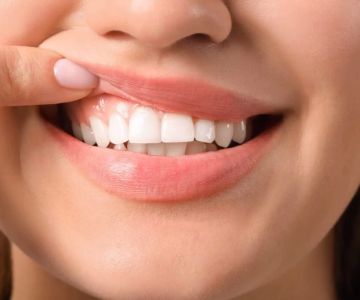
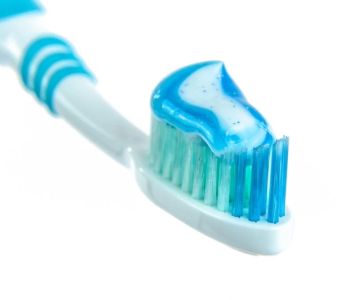
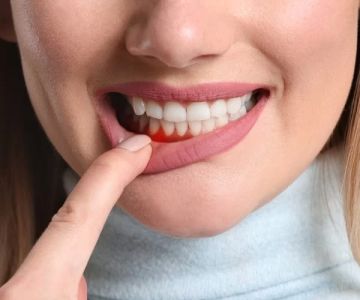
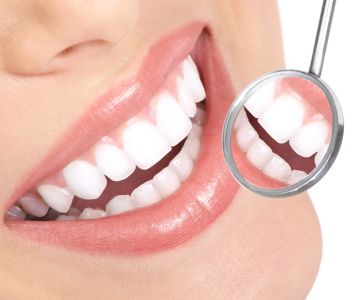

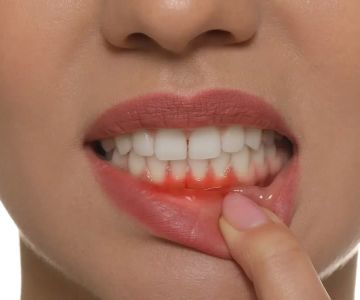
 Dr. Shefali Patel, DDS5.0 (2 review)
Dr. Shefali Patel, DDS5.0 (2 review) Tenafly Dental Associates5.0 (837 review)
Tenafly Dental Associates5.0 (837 review) Wandro Dental of Norman4.0 (26 review)
Wandro Dental of Norman4.0 (26 review) Nuttall Smiles4.0 (424 review)
Nuttall Smiles4.0 (424 review) Kool Smiles Dentist4.0 (296 review)
Kool Smiles Dentist4.0 (296 review) Long Grove Dental5.0 (1022 review)
Long Grove Dental5.0 (1022 review) The Importance of Oral Health Education During Pregnancy for a Healthy Pregnancy
The Importance of Oral Health Education During Pregnancy for a Healthy Pregnancy Best Tips for Brushing Your Teeth Properly for Healthy Gums: Essential Techniques for Oral Health
Best Tips for Brushing Your Teeth Properly for Healthy Gums: Essential Techniques for Oral Health Why Skipping Dental Checkups Can Lead to Bigger Oral Health Problems
Why Skipping Dental Checkups Can Lead to Bigger Oral Health Problems Advantages of Porcelain Dental Restorations
Advantages of Porcelain Dental Restorations How Can Diabetes Cause Tooth and Gum Problems? Preventing and Managing Oral Health Issues
How Can Diabetes Cause Tooth and Gum Problems? Preventing and Managing Oral Health Issues Healthy Habits for Promoting Good Oral Health and Hygiene: Tips for a Healthy Smile
Healthy Habits for Promoting Good Oral Health and Hygiene: Tips for a Healthy Smile